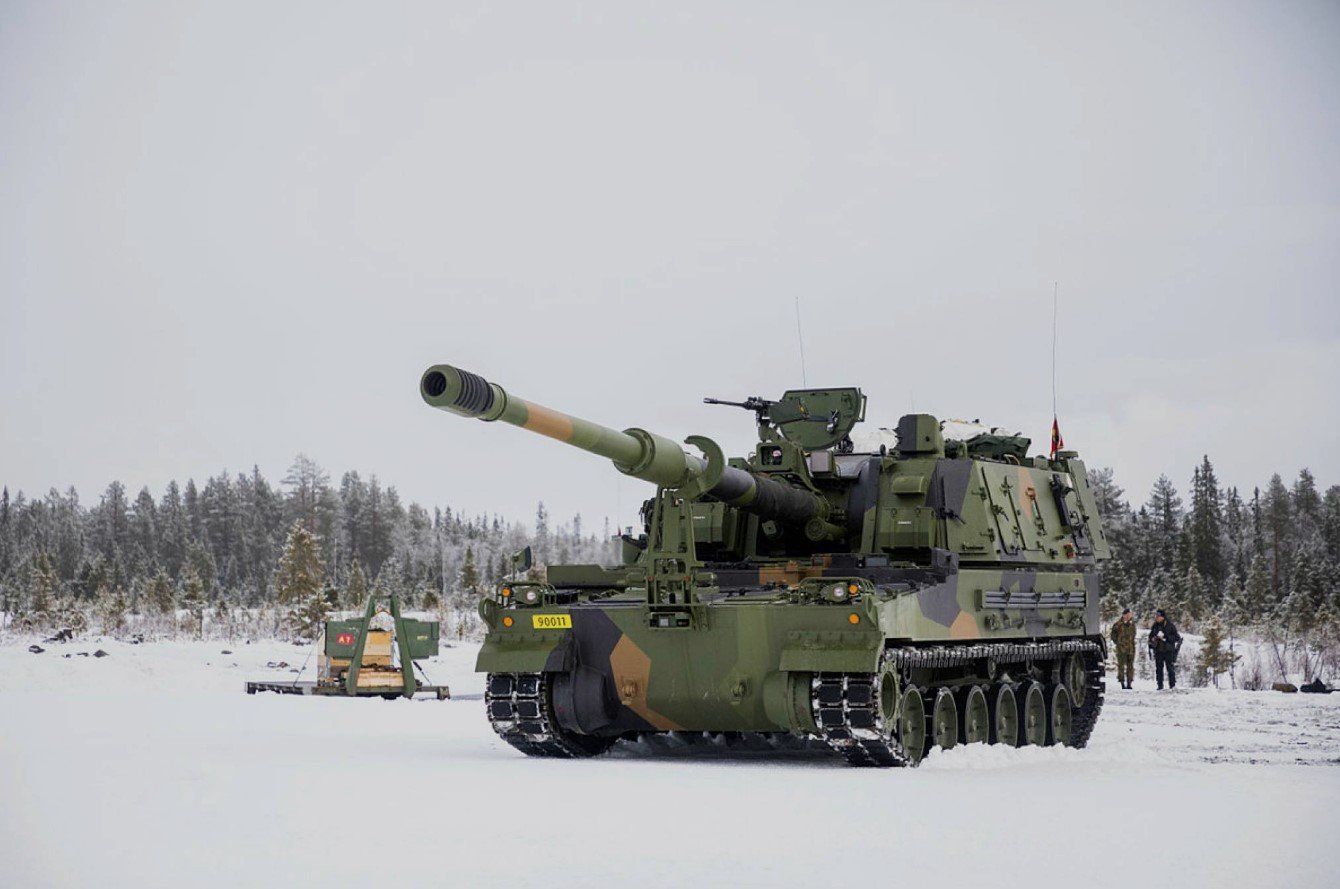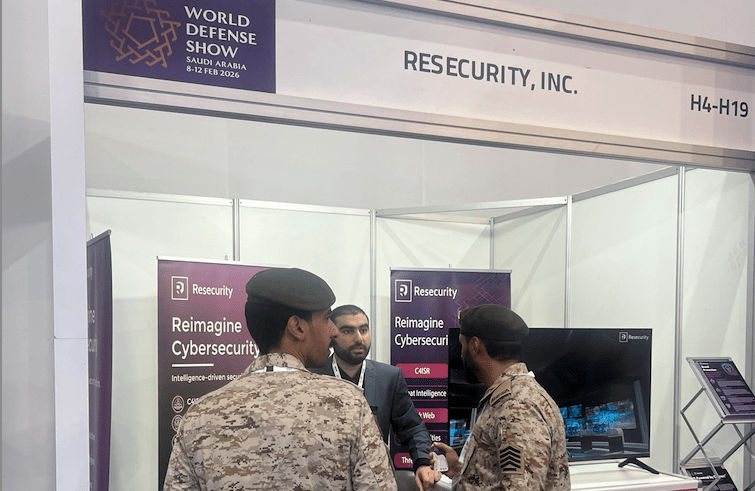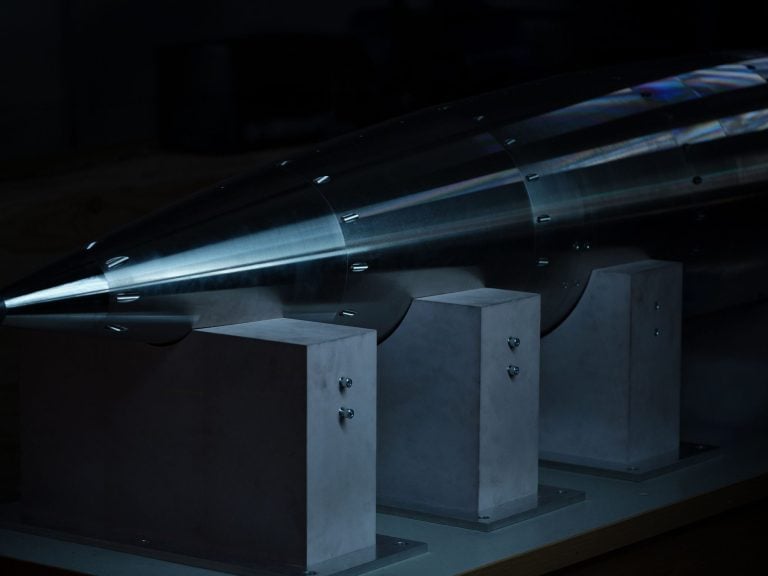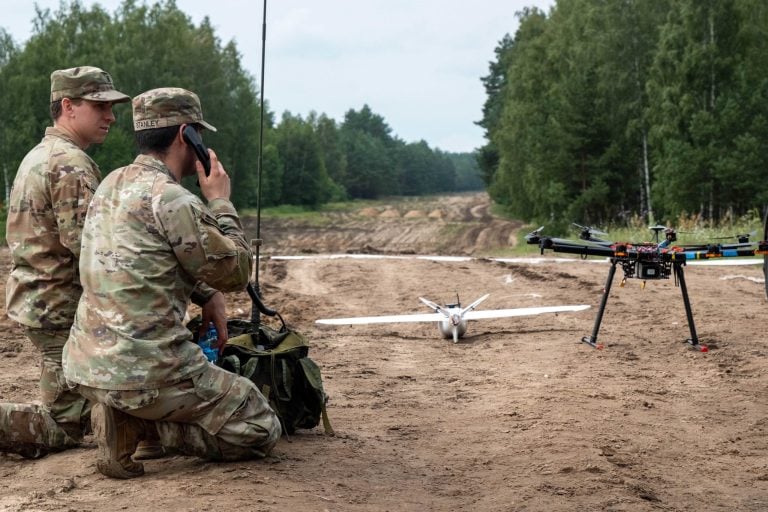Norway has entered into a significant procurement agreement with the United States for the Precision Guidance Kit M1156A1, which is designed to enhance the capabilities of its 155 mm self-propelled artillery systems. While specific details regarding the agreement have not been disclosed, it follows an earlier approval from the US State Department concerning Norway’s request to purchase 8,001 units of the M1156A1 kits in December, with an estimated total value of $130 million.
Gro Jære, Director of the Norwegian Defence Materiel Agency (NDMA), emphasized the importance of this acquisition, stating, “Norway is investing heavily in artillery ammunition, and this is one of the acquisitions we are making to further increase the effectiveness of the Army’s artillery system.” Jære highlighted that the addition of these precision kits will significantly bolster the combat capabilities of the Norwegian Armed Forces while also enhancing interoperability with the United States and other NATO allies.
The Precision Guidance Kit, developed by Northrop Grumman, effectively transforms conventional artillery shells into GPS-guided munitions, resulting in improved accuracy and reliability during operations. These kits are reinforced with M-Code antennas by CAES, specifically designed to combat the challenges posed by GPS jamming, a growing concern in modern warfare.
Norway’s current fleet of 28 K9 VIDAR (Versatile Indirect Artillery) systems will be the primary platform for the deployment of these advanced kits, significantly enhancing their operational efficiency. The integration of the M1156A1 with Norway’s systems has reportedly been carried out in coordination with various stakeholders, including US authorities, the Norwegian Armed Forces, the Norwegian Defence Research Institute, and Kongsberg Defence and Aerospace, the provider of the Norwegian Army’s fire control system.
This move represents a crucial step for Norway as it seeks to modernize its artillery capabilities in line with NATO standards and maintain a strategic edge in military readiness. As global security dynamics continue to evolve, such procurements are vital for ensuring effective defense collaborations among allied nations.







